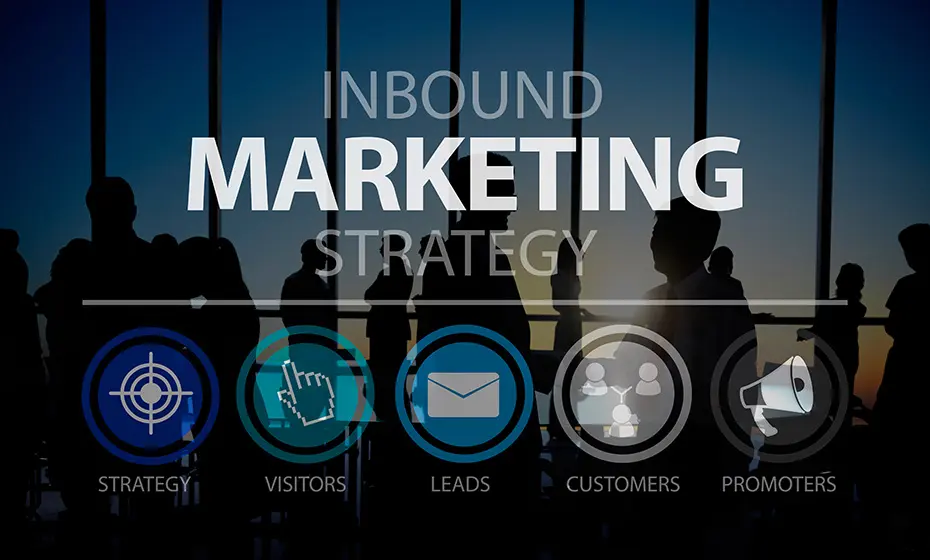Have you heard of the terms outbound marketing and inbound marketing before? Have you ever wondered what the difference is? This blog post will give you the lowdown on outbound marketing vs. inbound marketing, explaining exactly what the difference is.
What is Outbound Marketing?
Outbound marketing usually refers to traditional kinds of marketing that seek to broadcast a message far and wide. Think mass-market, large campaigns that aim for a far-reaching effect. Television and radio are some of the best examples of this in advertising. It’s often a case of quantity over quality, hoping to reach new customers through sheer weight of numbers.
It’s not just business to consumer (B2C) kinds of advertising that use outbound marketing; there are ways to appeal to the masses for business to business advertising initiatives too. A business might choose any number of mass B2B marketing exploits, such as advertising in a trade magazine or paper, presenting at trade shows or conventions, or sponsoring an event. Cold calling is one outbound marketing ploy that can be used by either B2B or B2C businesses.
All in all, outbound marketing reaches out to large numbers of potential customers, though with this approach there is little filtering to determine a person’s level of interest in the businesses doing the advertising. As a result, it can be hard to measure the ROI on outbound marketing, and it can be costly in terms of both time and money.
What is Inbound Marketing?
Inbound marketing involves activities that help a customer come to you when they’re in active search mode. This is quite different to the broadcast method used by outbound marketing, where the customer is quite passive. For example, if you have a popular blog on your website that posts relevant content and resources in your niche topic, that can act as a method of inbound marketing. Over a long time, your consistency with adding new posts to your blog can translate to more website views and a better Google ranking.
Social media is another potential form of inbound marketing, as it presents the social proof associated with your brand. A lot of likes and interactions can build a buzz around your business and magnetically attract customers to you. As you post with authority on a certain theme or topic, you can draw people into your demonstrated expertise and experience.
Inbound marketing is more organic than outbound, as it works on attraction rather than pushing out a message to a generic audience who may not even be interested. Inbound marketing can be very effective, though it is not usually as instant as paid or outbound marketing.
Find the Best Fit for Your Business
The best fit for your business will depend on what your goals and expected timelines are. Usually, the best method will be some combination of outbound and inbound digital marketing so you can enjoy the best of both worlds. To get your own customised digital marketing plan, call ZOFELA today on +8615059787796.








